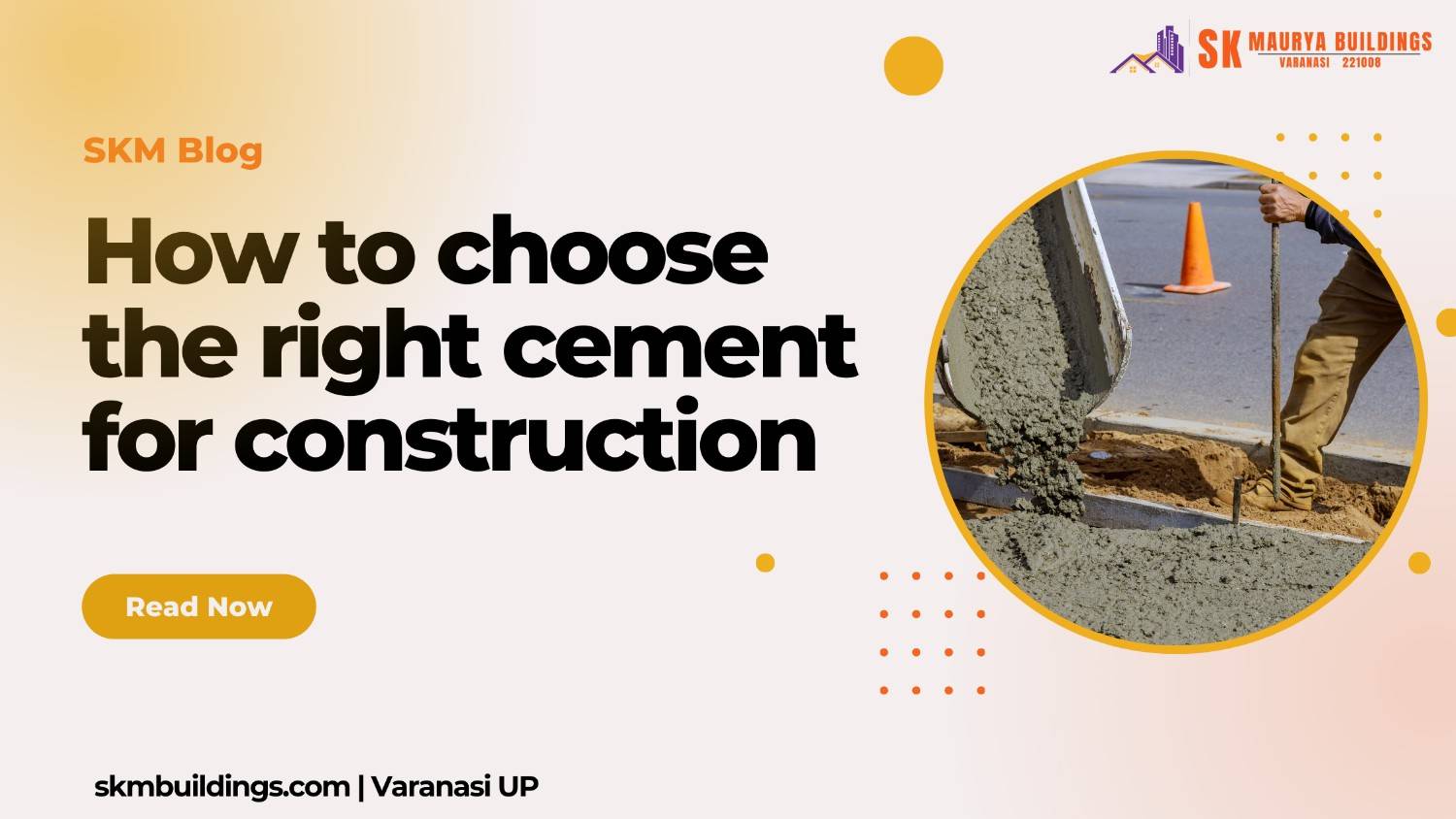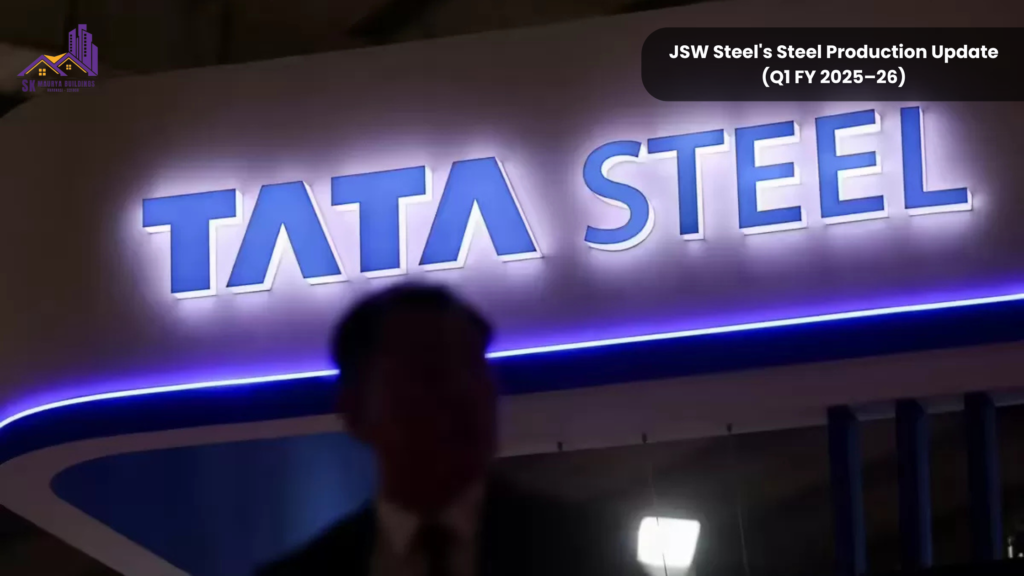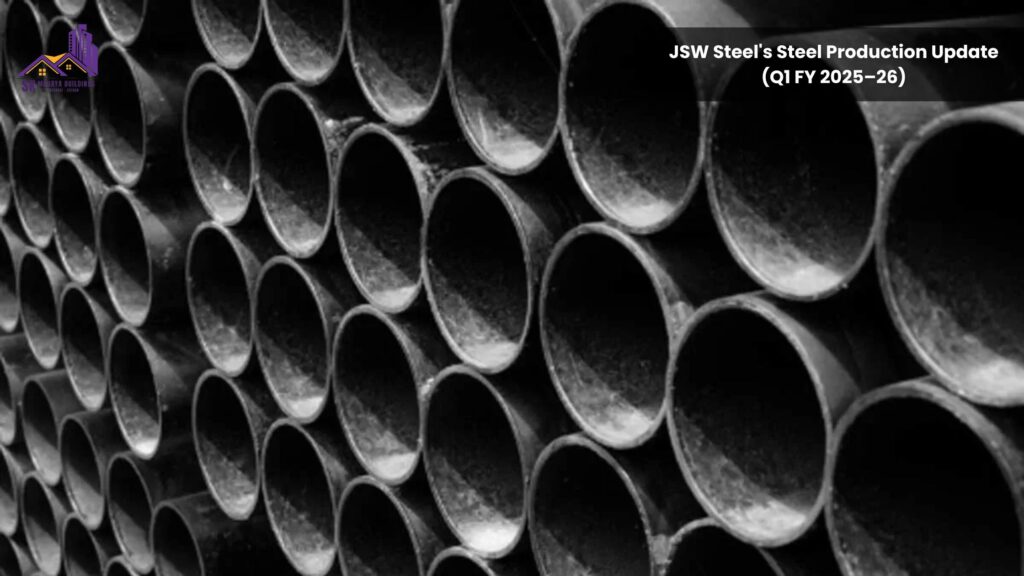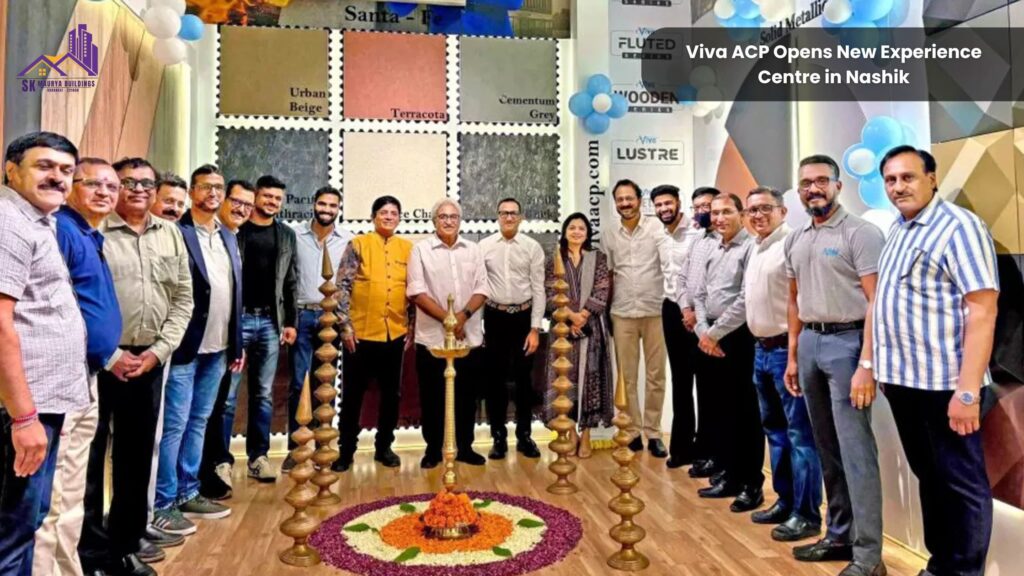Choosing the right Cement for Construction is the first and most important step to build a strong structure. With so many options to choose from, it can be confusing. The right cement gives long life, no cracks and weather protection. But how to choose the right one?
In this article we will help you understand different types of cement, their uses and key points to consider before buying. Whether you’re building a house, office or a commercial project, selecting the right cement will save you from future repairs. Read on to know which cement is best for your construction needs!
Table of Contents
Understanding Different Types of Cement
Choosing the right cement for construction is vital for strength, durability and safety. Different types of cement are designed for different applications and selecting the wrong one can lead to structural issues later on. Here are the most commonly used types of cement and their uses.
1. Ordinary Portland Cement (OPC)
Ordinary Portland Cement (OPC) is the most widely used cement in construction due to its strength and fast setting properties. OPC is the base component of concrete, mortar and plaster. It comes in three types OPC 33, OPC 43 and OPC 53 each catering to different construction needs.
- OPC 33 Grade is suitable for low strength applications, residential buildings, pavements and plastering. It’s used for non-critical structures where high strength is not required.
- OPC 43 Grade is used for residential buildings, foundations, floors and walls where moderate strength is required. It’s also used for cement plastering.
- OPC 53 Grade is the highest strength of the three and is used for high strength, heavy duty construction projects like bridges, flyovers and high rise buildings. The high strength of OPC 53 makes it suitable for projects where high loading and pressure is expected.
OPC has the advantage of faster setting time which allows the workers to complete the project faster. But it can be prone to cracks in certain weather conditions due to its rapid curing and it generates more heat during hydration compared to other types of cement.
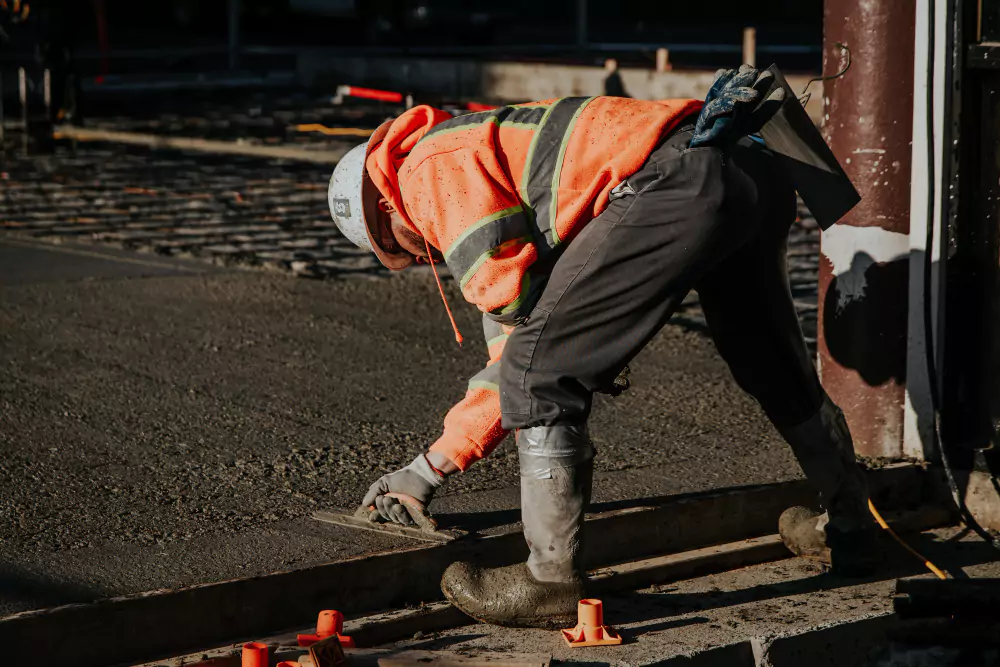
2. Portland Pozzolana Cement (PPC)
Portland Pozzolana Cement (PPC) is made by blending Ordinary Portland Cement (OPC) with pozzolanic materials like fly ash, volcanic ash or silica. This combination makes the cement more durable and resistant to chemical attacks, moisture and cracking. PPC is ideal for structures exposed to harsh conditions like dams, marine structures, sewage treatment plants and water retaining structures. It’s also good for foundation works, underground structures and areas prone to extreme weather conditions.
One of the biggest advantage of PPC is low heat generation during setting so it’s good for construction in hot climate. The slower setting time reduces the risk of thermal cracking which is common in large concrete structures exposed to high temperature. Also PPC is eco friendly as it incorporates industrial waste products like fly ash, so it reduces the carbon footprint of the construction projects. So PPC is not only durable and reliable but also green for the environment conscious builders.
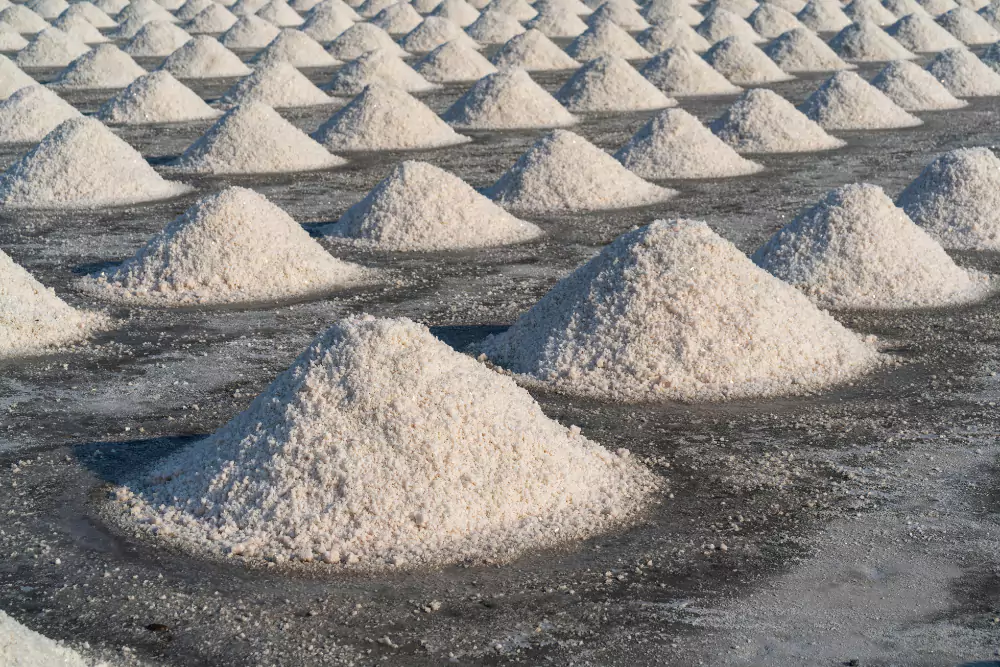
3. Portland Slag Cement (PSC)
Portland Slag Cement (PSC) is made by blending Ordinary Portland Cement (OPC) with granulated blast furnace slag, a byproduct of the steel industry. This combination makes PSC a very durable and eco friendly option as it uses industrial waste materials. PSC is resistant to corrosion and chemicals so it’s ideal for construction in coastal areas, marine environments, bridges and underground structures exposed to water. It’s particularly suitable for areas with high humidity or saline conditions where the risk of concrete corrosion is high.
Also PSC improves the workability of concrete making it easier to handle and shape during construction. Its environmental benefits include lower carbon footprint as the use of blast furnace slag reduces the demand for raw materials like limestone. PSC also has sulphate resistance so it’s suitable for structures that are constantly exposed to water or wet conditions like sewage systems and water treatment plants. So it’s a versatile and sustainable option for many infrastructure projects.
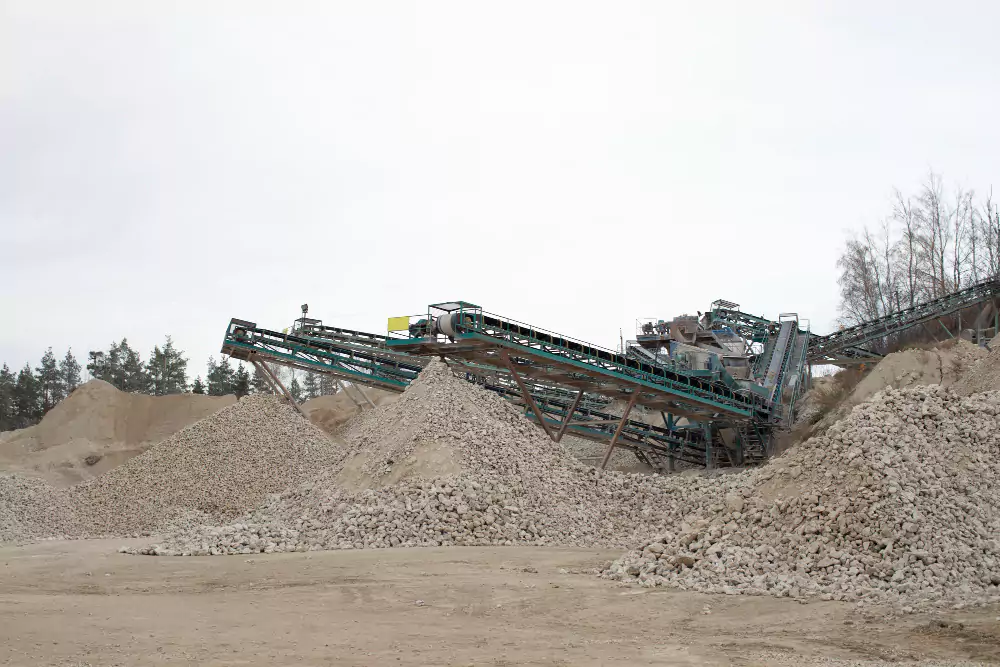
4. White Cement
White cement is a special type of Ordinary Portland Cement, taken extra care to retain its whiteness. It is used for decorative and aesthetic purposes only as it has smooth and glossy finish, suitable for applications that requires uniform and visually appealing color. White cement is used in flooring, wall textures, tile grouting, precast concrete products and decorative items like sculptures and architectural facades. It’s also used to produce white concrete which is popular in projects where light colored surface is required.
While white cement offers better finish and aesthetic value, it has lower tensile strength than grey cement, hence not suitable for heavy duty or load bearing structures. Not used in high stress construction applications. One of the drawback of white cement is its higher cost compared to grey cement due to more refined materials and process involved. But for projects where visual appeal and clean and bright finish is the top priority, the investment in white cement is worth it.
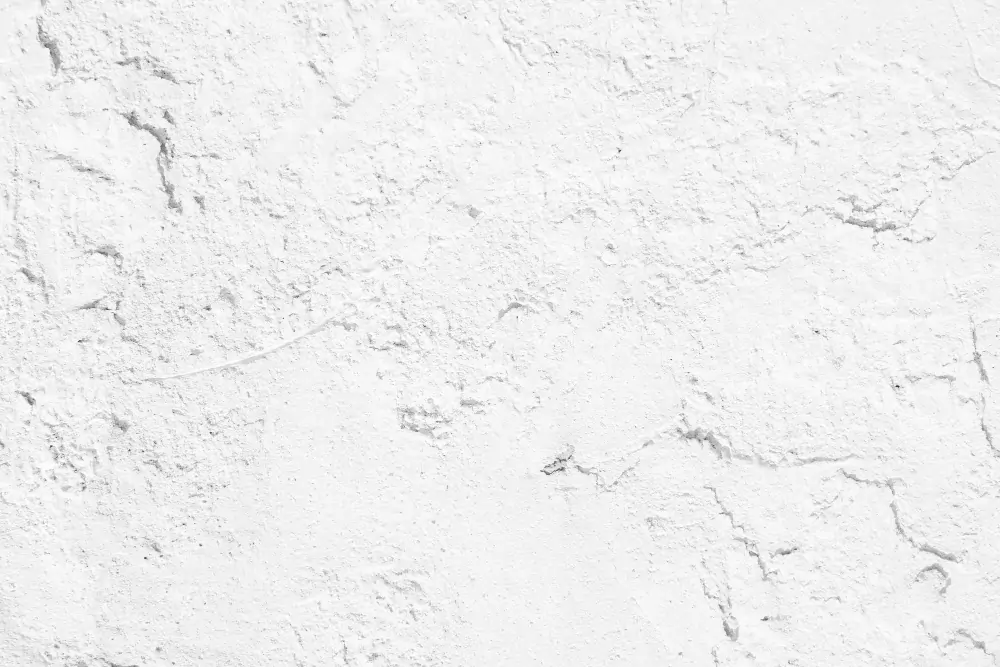
5. Sulphate Resistant Cement (SRC)
Sulphate Resistant Cement (SRC) is designed to withstand the sulphates found in soil, water and other chemical environments. Sulphates react with the cement components causing expansion and cracking which can lead to long term damage. SRC is ideal for industrial construction, maritime infrastructure and sewage systems where the concrete is exposed to sulphate bearing environments. It’s particularly useful in areas with sulphate rich soils, high water tables or chemical processing plants to prevent long term structural damage.
The unique composition of SRC prevents sulphate attacks which can weaken and deteriorate the concrete, ensures the integrity and endurance of the structure. This makes SRC very useful for underwater constructions like bridge foundations, dams and sewage treatment plants where water with high sulphate content is common. By using SRC the concrete remains stable and strong, reduces the need for frequent maintenance, repairs or replacement and extends the life of the structure, especially in coastal or alkaline soil areas.
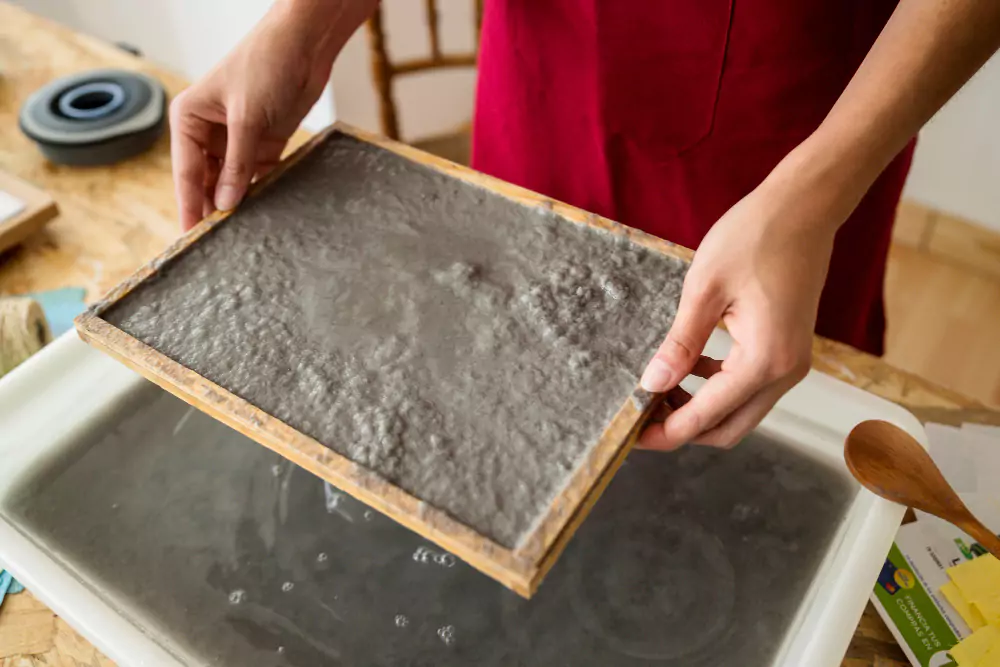
Factors to Consider When Choosing Cement
Selecting the right cement for construction is important for durability, strength and long term stability. With so many options available it’s important to consider few things before you buy. Here’s what to check:
1. Grade of Cement
Cement comes in different grades such as OPC 33, OPC 43 and OPC 53 each represents its compressive strength. OPC 53 grade is ideal for high strength structures like bridges and pillars, OPC 43 or PPC is good for residential buildings and plastering.
2. Type of Construction
Your cement choice should match the type of construction. For home construction PPC or OPC 43 provides durability and smooth finishing. For industrial or high rise buildings OPC 53 is recommended as it has more strength. For coastal or damp areas PSC or Sulphate-Resistant Cement (SRC) is the best option to prevent corrosion.
3. Setting Time and Workability
The setting time of cement affects how soon the construction work can be done. OPC sets fast, hence good for urgent projects, PPC and PSC takes time to set but provides better long term strength and crack resistance. If your project requires long workability, choose cement with slower setting time.
4. Durability and Environmental Conditions
For areas prone to moisture, sulphates or extreme weather select cement that offers extra protection. SRC is good for high sulphate environment, PSC is good for coastal areas. For general weather resistance PPC is a good option as it has better durability than OPC.
5. Brand and Quality Certification
Always buy cement from reputed brands which has Bureau of Indian Standards (BIS) certifications. Look for ISI mark (IS 269 for OPC, IS 1489 for PPC, IS 455 for PSC) to ensure quality and compliance to industry standards. Low quality cement can weaken the structure and cause cracks.
6. Freshness and Storage
Cement absorbs moisture over time and reduces its strength. Always check the manufacturing date—cement older than 90 days may not perform well. Store cement in a dry, moisture free place to maintain its quality.
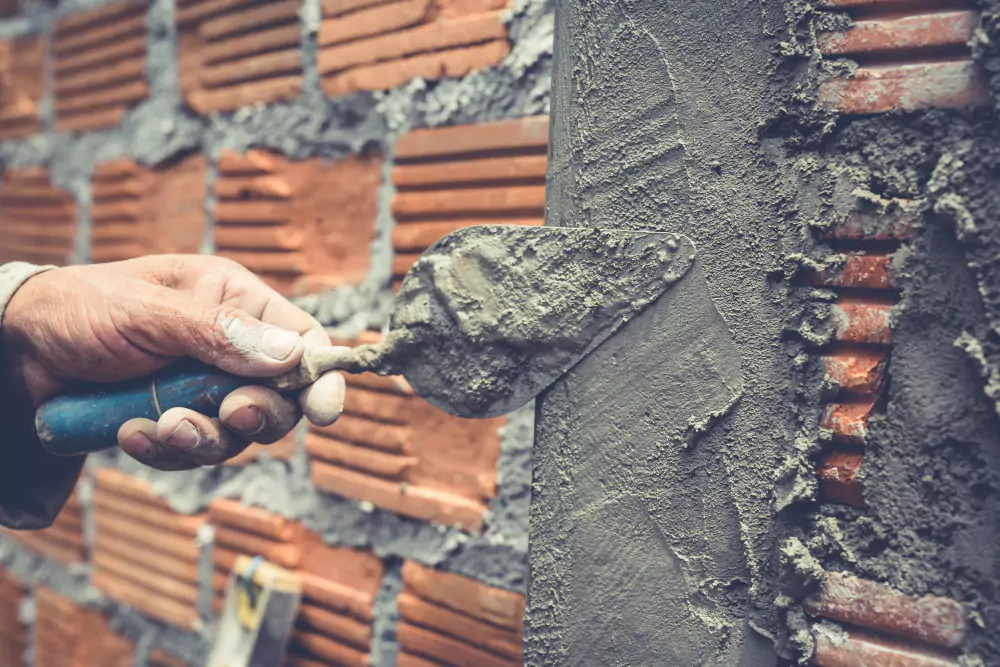
Also Read: Best Quality TMT Bars for House Construction: Guide
Top Cement Brands in India
When it comes to choosing the right cement for construction, a trusted brand is a must for quality, durability and strength. India has many top cement manufacturers known for their high performance products. Here are the best cement brands you can rely on for your construction needs.
1. UltraTech Cement
UltraTech Cement is India’s largest cement manufacturer and known for its quality and wide availability. It offers OPC, PPC, PSC and White Cement, making it a versatile option for residential, commercial and industrial projects. Its cement is used for high-rise buildings, roads and large infrastructure projects.
2. Ambuja Cement
A well known entity in the industry, Ambuja Cement is famous for its high strength PPC and OPC. It is known for low water demand, high durability and eco-friendly composition. Ambuja Cement is ideal for home construction, foundations and water resistant structures.
3. ACC Cement
ACC Cement is one of India’s oldest and most reliable brands offering high quality OPC, PPC and specialty cement. It is known for strong binding properties and weather resistance, making it a good option for residential and commercial projects.
4. Shree Cement
Shree Cement is one of the fastest growing cement brand in India offering high strength OPC and PPC. It is used for home construction, roads and bridges. The brand is also known for its affordable pricing and wide presence.
5. Dalmia Cement
Dalmia Cement is known for high performance PSC and SRC, making it a preferred choice for coastal and industrial construction. Its cement is known for corrosion resistance and long durability, ideal for damp and sulphate rich environments.
6. Jindal Panther Cement
Jindal Panther Cement is a new player in the industry, popular for its high strength TMT bars and cement. It provides good bonding strength, crack resistance and durability, making it a good option for strong foundation.
Common Mistakes to Avoid When Choosing Cement
Choosing the right cement is crucial for durability and strength. But many buyers make mistakes that can compromise the quality of their buildings. Here are some common mistakes to avoid when buying cement.
1. Not checking the Cement Grade
The biggest mistake is not checking the cement grade. Cement comes in different grades like OPC 33, OPC 43 and OPC 53, each for specific use. Using lower grade cement for high strength structures can lead to weak foundation and early structural damage.
2. Choosing the wrong type of Cement
Different construction projects require different types of cement. For example:
- PPC is best for home construction and plastering as it’s more durable.
- OPC 53 is suitable for high strength structures like bridges and columns.
- PSC or SRC is best for coastal or industrial areas to prevent corrosion.
Choosing the wrong cement can lead to cracks, low strength and more maintenance costs.
3. Not checking the Manufacturing Date
Cement has a shelf life of about three months, after that it starts losing strength. Many buyers unknowingly buy old stock cement which reduces the quality of construction. Always check the manufacturing date and use fresh cement for better results.
4. Buying Unbranded or Low-Quality Cement
Buying cheap, non-branded cement can be costly mistake. Low quality cement may contain impurities that reduces bonding strength and leads to weak structures. Always buy cement from reputed brands with ISI certification (IS 269 for OPC, IS 1489 for PPC) to ensure reliability.
5. Ignoring Weather and Environmental Factors
Environmental conditions play a big role in cement selection.
- For humid or coastal areas, use PSC or SRC to prevent corrosion.
- For dry regions, OPC or PPC works best.
- Ignoring these can lead to premature damage of the structure.
6. Poor Cement Storage
Cement absorbs moisture quickly, which affects its quality. Many buyers store cement in damp areas, which leads to lumps and reduced strength. Always store cement in a dry place, on a raised platform and away from walls to prevent moisture absorption.
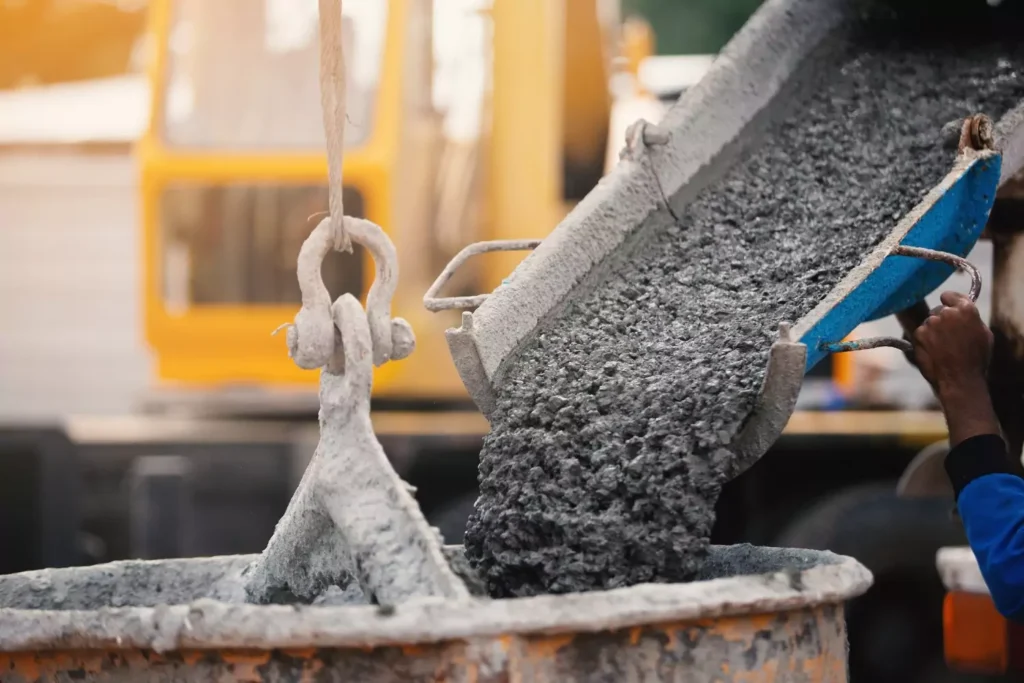
Why Choose SK Maurya Building Materials for Your Construction Needs?
When it comes to cement selection, trust matters. SK Maurya Building Materials is a leading authorized dealer of major cement brands like Ambuja, ACC, Jindal Panther, and more, so you get only best cement at best price. With 25+ years of experience in building materials, SKM is known for reliability, genuine products and service. Whether you’re building a house, commercial building or infrastructure project, SKM guides you to choose right cement for strength, durability and long life. Visit our store in Ramnagar, Varanasi and build with confidence—because quality begins with the right base!
Conclusion
Selecting right cement for construction is important to get strong, durable and long lasting structure. By understanding different cement types, selection parameters and top brands in India, you can make a informed decision. Don’t commit common mistakes like choosing low quality cement or ignoring the manufacturing date, as it can affect the structure. Always buy from trusted suppliers like SK Maurya Building Materials, where you get certified cement at best price. With the right choice you can build a foundation that lasts forever.
FAQs
-
Which cement is best for house construction in India?
The best cement for house construction depends on your needs. PPC (Portland Pozzolana Cement) is ideal for residential buildings due to its durability and resistance to cracks. However, for high-strength structures, OPC 53 Grade is recommended.
-
How do I check the quality of cement before buying?
To ensure quality, check for ISI certification, grade, and freshness (cement should be used within three months of manufacturing). A simple test is to take a pinch of cement—it should feel smooth and not contain lumps.
-
What is the shelf life of cement?
Cement has a shelf life of around three months from the date of manufacturing. After this period, its strength starts decreasing. Always check the manufacturing date before purchasing.
-
Can I use the same cement for all types of construction?
No, different projects require different types of cement. PPC is great for homes, OPC 53 is ideal for high-rise buildings, and PSC or SRC is best for coastal and industrial areas to prevent corrosion.
-
Where can I buy high-quality cement at the best price?
You can purchase top-quality cement from authorized dealers like SK Maurya Building Materials in Varanasi. They provide trusted brands like Ambuja, ACC, and Jindal Panther at competitive prices with expert guidance on choosing the right cement.


